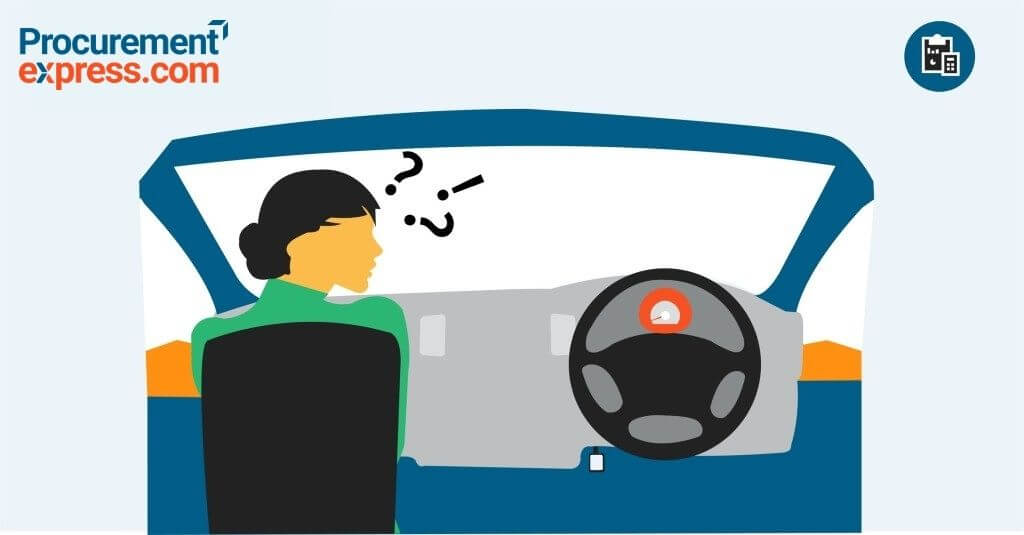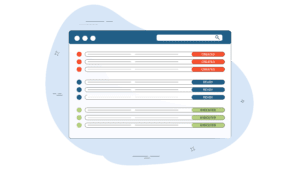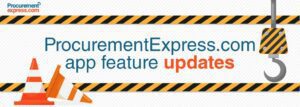 “Cash flow management for a rapidly growing, bootstrapped company can be harder than the world’s most difficult Sudoku puzzle.” Vinny Antonio, President of Victory Marketing Agency
“Cash flow management for a rapidly growing, bootstrapped company can be harder than the world’s most difficult Sudoku puzzle.” Vinny Antonio, President of Victory Marketing Agency
Business experts unanimously agree that rapidly growing businesses are more likely to run out of cash than slow-growth businesses. This is because they have to hire more staff, increase marketing budgets and pay for other direct costs.
To survive, they must have a good grasp of the business cash flow. A cash budget will project and predict cash inflows and outflows. Without it, how else will a business prioritize payments?
Tweet this: To be a real Lewis Hamilton of your budget you’ll need a clear vision of your finances!
Receivables greater than payables = success
No one said the journey to financial freedom will be a smooth one. Your business needs have grown at breakneck speed, so much that you can’t see which business needs to prioritize. You’ve lost sight of these important aspects because all your focus is on driving more revenue.
To be a real Lewis Hamilton of your budget you’ll need a clear vision of your finances!
Technology has made this fairly easy. There are countless apps that can put you back in the driver’s seat of your budget. The app serves as a speedometer that tells you when to slow down to inject more capital that will keep the business running.
A well-prepared budget
Before you and your team accelerate towards disaster, pull over and examine your tools once more. How did your accountant prepare your cash budget?
A well-prepared budget should:
- Make operations road mapping easy
- Help you plan for the future
- And help your business cut costs
Three common blunders that junior accountants do:
- Failure to record transactions accurately
- Adding depreciation as a cash expense
- Not considering payment delays
Let’s dissect each:
Failure to record transactions accurately
If you really don’t want your business to run out of funds, hire an accountant that you’re sure will record all transactions accurately. Inexperienced accountants come cheaper but their mistakes can cost you millions.
Recording transactions accurately help to:
- Meet all financial commitments
- Plan for tax payments in time
- Get loans easier
- Give you peace of mind as to the state of your business
Adding depreciation as a cash expense
Depreciation is the process of allocating the cost of tangible assets over their useful life. Inexperienced bookkeepers often confuse depreciation with other cash items.
 Let’s use this illustration from the Accounting Coach: If a business purchases a delivery truck worth $100,000 and it is expected to be used for 5 years, the business might have depreciation expense of $20,000 in each of the five years. “
Let’s use this illustration from the Accounting Coach: If a business purchases a delivery truck worth $100,000 and it is expected to be used for 5 years, the business might have depreciation expense of $20,000 in each of the five years. “
Depreciation should be listed as a reduction from expenses, thereby indicating that it has no direct impact on the cash flow of the business. Only when a company prepares its income tax, should depreciation be listed as an expense.
Not considering payment delays
Late payments have a catastrophic impact on the overall financial health of the business. What’s worse, an increasing number of payment delays can bring a fast-growing business to a standstill.
It’s impossible to estimate how many clients delay paying bills at the end of the month, but it’s the bookkeeper’s job to help you assess the trend. A competent accountant should be able to tell you how much you’re owed and what that means for the payments of overhead costs.
What should you do?
Well, if you’re using the right tools to track spending then your business should be heading in the right direction. Alan Hart, an expert in budgeting cautions entrepreneurs against using only an Income Statement to assess the financial health of their business.
He says, “I could argue that any reasonable person managing the process, or any member of senior management should know that a forecasted P&L does not tell the whole story. What is really missing is a forecasted balance sheet, one that any companies ignore altogether, or at best think of as nice to have, but technically unattainable due to the limits of their budgeting software, or use of only spreadsheets.”
If you need an easy-to-use app that does the tracking for you sign up for a free trial here.



